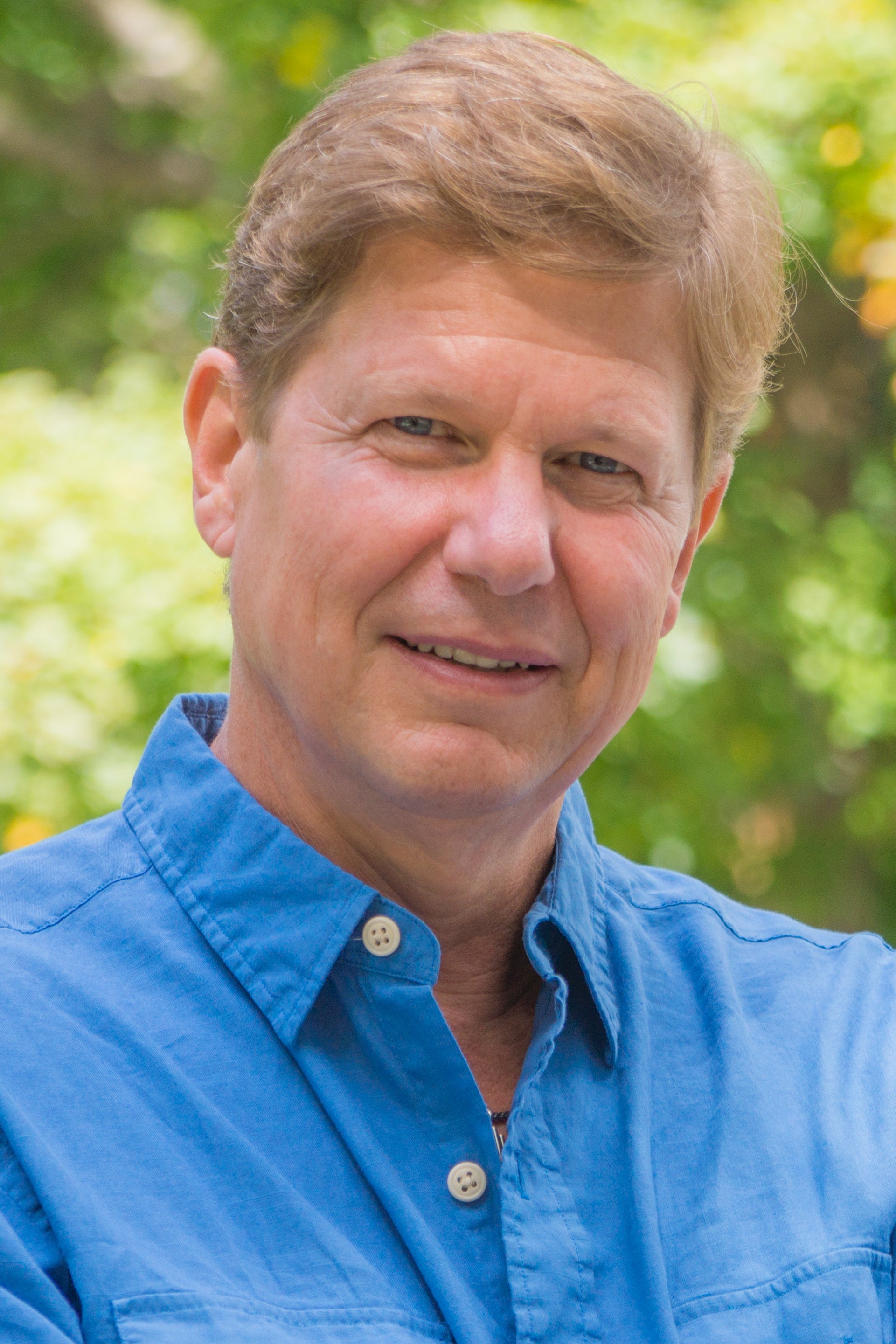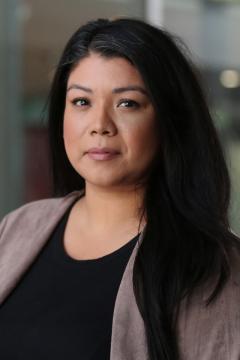Religious Protections and Politics in a Secular America

Event description
- Academic events
- Free
- Open to the public
Religion continues to play a central role in American society and politics. With a majority of Americans still claiming a religious affiliation, religious values, morals and beliefs inform many voters' actions and, therefore, political candidates' rhetoric. Furthermore, the current Supreme Court justices appear to be leaning toward maximizing individual religious liberties broadening what qualifies as religious expression. And, socially, religion is understood as a personal and private aspect shielded from critique. Yet, a growing number of Americans lack religious commitments and identities adding to the increasing secularization of the country. This propels the debate on religion's place in American politics, if any. This panel addresses many of these issues and provides historical and contemporary insights from leading scholars into the legal protections of the category of religion, the cultural mores surrounding religion as individualized private belief, and how this affects everyone in our nation with specific traditions receiving preferential treatment. As we head to a contentious national election, this panel supplies students, faculty, and staff an opportunity to consider issues around religiosity and politics in American society
About the panelists

Randall Balmer, a prize-winning historian and Emmy Award nominee, holds the John Phillips Chair in Religion at Dartmouth College, the oldest endowed professorship at Dartmouth. Before coming to Dartmouth in 2012, he was a professor of American religious history at Columbia for 27 years. He is the author of more than a dozen books, including Redeemer: The Life of Jimmy Carter, Bad Faith: Race and the Rise of the Religious Right, and Passion Plays: How Religion Shaped Sports in North America. His second book, Mine Eyes Have Seen the Glory: A Journey into the Evangelical Subculture in America, now in its fifth edition, was made into an award-winning documentary for PBS. His commentaries appear in newspapers across the country, including the Los Angeles Times and the Washington Post.
 Dheepa Sundaram (she/her) is an assistant professor of religious studies at the University of Denver. She researches hate politics, performance, ritual, and digital culture in transnational South Asian contexts. She has presented and published on Hindu nationalism in the U.S. diaspora as well as the formation of Hindu and Hindu nationalist virtual religious publics through online platforms and emerging technologies (e.g., social media, apps, virtual reality, and artificial intelligence). Her current monograph project, Globalizing Dharma: The Making of a Global Hindu Brand, examines how commercial ritual websites fashion a digital canon for Hindu religious praxis, effectively branding religious identities and marketing caste-privileged religious norms as a default, cosmopolitan Hinduism that anchors the Hindu nationalist political project. She is also a contributor for Religion News Service on Hindu perspectives, a founding member of the US-based South Asia Scholar Activist Collective (SASAC), and a trainer for Sacred Writes (public scholarship training program for religion scholars).
Dheepa Sundaram (she/her) is an assistant professor of religious studies at the University of Denver. She researches hate politics, performance, ritual, and digital culture in transnational South Asian contexts. She has presented and published on Hindu nationalism in the U.S. diaspora as well as the formation of Hindu and Hindu nationalist virtual religious publics through online platforms and emerging technologies (e.g., social media, apps, virtual reality, and artificial intelligence). Her current monograph project, Globalizing Dharma: The Making of a Global Hindu Brand, examines how commercial ritual websites fashion a digital canon for Hindu religious praxis, effectively branding religious identities and marketing caste-privileged religious norms as a default, cosmopolitan Hinduism that anchors the Hindu nationalist political project. She is also a contributor for Religion News Service on Hindu perspectives, a founding member of the US-based South Asia Scholar Activist Collective (SASAC), and a trainer for Sacred Writes (public scholarship training program for religion scholars).

Daisy Vargas is an assistant professor of religious studies at University of Arizona. She received her PhD in History from the University of California Riverside. She is an ethnographer and historian of religion specializing in Catholicism in the Americas; race, ethnicity, religion in the United States; and Latinx religion. Her current book project traces the history of Mexican religion, race, and the law from the nineteenth century into the contemporary moment. Dr. Vargas is involved in museum curatorial work, and she also serves on the advisory committee for Engaging Lived Religion in the 21st Century Museum at the Fowler Museum of UCLA. She is co-chair of the Religions in the Latina/o Americas Unit, and steering committee member of the Catholic Studies Unit for the American Academy of Religion.
About the moderator

Terry Shoemaker is an assistant teaching professor of religious studies at Arizona State University focusing on religious change in contemporary life in the United States. This includes the ways that religion and religious people adapt, convert, deconvert, reform, and abandon aspects of their religiosity or spirituality. He is interested also in studying sports in the United States through the lens of religious studies theories and methods. His work is featured at numerous sites like The Conversation, Zócalo Public Square, and Religion Dispatches. These interests lead Terry into various classes at ASU on the topics of Religion and Popular Culture, Religion and Sports, and Spirituality in America.
His latest book Religions and Sports: The Basics provides an introductory text for how to understand the many relationships between religion and sports, and how to study the two phenomena. Religions and Sports follows previously published work like The Prophetic Dimension of Sport (2018) and a second edited volume regarding the future of progressive Christianity and the Millennial generation with Wifp & Stock Publishers. Terry currently serves as vice president of the Society for the Future of Higher Education (SFHE), as the co-editor of the International Journal of Sport and Religion, and on the Religion, Sport, and Play American Academy of Religion steering committee.

